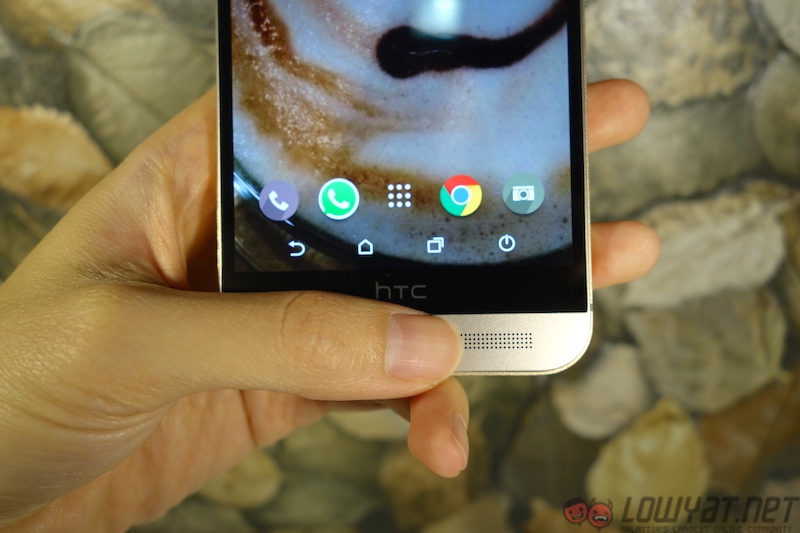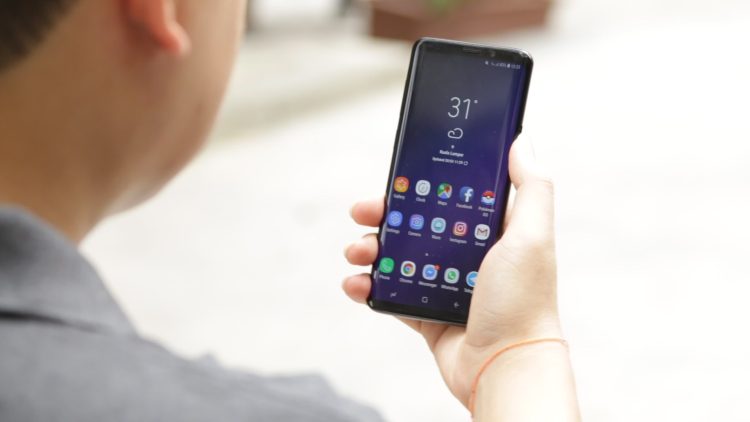Biometric security for the masses started with fingerprint scanners on notebooks and phones, and now even facial recognition technology is becoming common. That said, each manufacturer has their own implementation and as such, the effectiveness of their implementation is far from standardised.
This may soon change – The Fast IDentity Online (FIDO) Alliance is launching a first-of-its-kind Biometric Component Certification Program. This will see all sorts of biometric locks go through tests by independent labs. Getting a biometric sensor certified would mean that it meets an industry standard minimum (i.e. they work as well as they should).

On the surface, it doesn’t seem like much. But when you think about it, has there ever been any way to tell if a fingerprint sensor or facial recognition algorithm is accurate? Unlike, say, the IP rating for dust and water resistance and MIL-STD rating for ruggedness, there’s no real certification that tells us the accuracy of a biometric sensor. So far, we have only the word of the manufacturer to rely regarding the matter.
With a certification from the Biometric Component Certification Program, there will at least be a way for us to know – beyond claims of manufacturers – if a facial recognition software won’t open up your phone to a relative. Brands will also know which biometric reader vendor to go to, as it would be easier and probably safer to go to one with verified sensors.
(Source: FIDO Alliance via Engadget)


